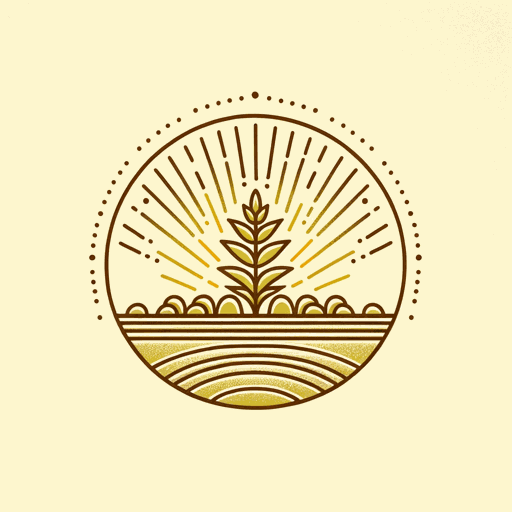43 pages • 1 hour read
AnonymousEveryman
Fiction | Play | Adult | Published in 1485A modern alternative to SparkNotes and CliffsNotes, SuperSummary offers high-quality Study Guides with detailed chapter summaries and analysis of major themes, characters, and more. For select classroom titles, we also provide Teaching Guides with discussion and quiz questions to prompt student engagement.
Themes
Death and Reckoning
The central themes of Everyman are announced in the play’s title page, which introduces the work as a “treatise how the High Father of Heaven sendeth Death to summon every creature to come and give account of their lives in this world […] in manner of a moral play” (1). These themes of death, reckoning, and salvation are further explored by the Messenger and later by God himself, both of whom deliver speeches at the beginning of the play that bemoan the reckoning or final judgment that human beings must face when they die. Death himself is soon brought on stage as a personified or allegorical character.
As God observes at the beginning of the play, human beings live their lives “without dread in worldly prosperity” (24)—that is, without thinking of their deaths and preparing for the judgment they will face when they die. Indeed, when Death arrives to bring Everyman to his reckoning, he notes that “full little he thinketh on my coming” (81). In forgetting Death, human beings also forget God, as Death brings humans to the eternal realm of God (or to hell). The coming of Death highlights the transience of human life.
Related Titles
By Anonymous

Arabian Nights
Anonymous

Arden of Faversham
Anonymous

A Woman in Berlin
Anonymous

Bible: New Testament: English Standard Version
Anonymous

Bible: Old Testament: English Standard Version
Anonymous

Deuteronomy
Anonymous

Diary of an Oxygen Thief
Anonymous

Do Not Stand at My Grave and Weep
Anonymous

Hebrew Bible
Anonymous

Holy Bible
Anonymous

Homeric Hymns
Anonymous

Judith
Anonymous

Laxdaela Saga
Anonymous

Lazarillo De Tormes
Anonymous

Mahabharata
Anonymous

Nibelungenlied
Anonymous

Njals Saga
Anonymous

One Thousand and One Nights
Anonymous

Popol Vuh
Anonymous

Sir Gawain and the Green Knight
Anonymous

